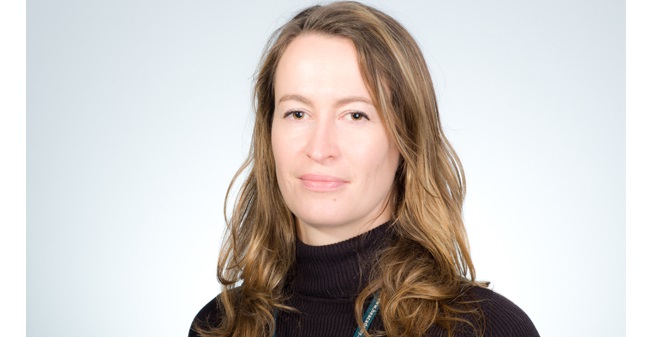At the end of another phone call from a confused head teacher, I find myself pondering the challenge that our PGCE in Post-16 and Further Education graduates face as they take their first steps into employment. This stems from the disjointed management of our education system at Government level, where a 16 year old in a school is the responsibility of one government department and a 16 year old in a college the responsibility of another!
Yet the blurring of the boundaries between schools and further education (FE) continues apace, with the raising of the participation age, academisation, and increasingly vocational curricula in schools. Thus schools and academies actively seek new teachers who have focused on teaching key stage 4 and 5 during their PGCE, in specialist post-16 contexts and subjects. Every year, a significant number of our Post-16 PGCE graduates gain jobs in schools.
But the schools and academies often do not know what to do with them when they recruit them. Unlike PGCE graduates with QTS (qualified teacher status), the training and supply of teachers for post-16 education is not regulated and managed by government – there is no central database of NQTs (newly qualified teachers) or DfE number for Post-16 PGCE graduates. Thus the school cannot register them as an NQT – meaning they may miss out on the vital support of an induction year. Another blow for the new teacher is that the school may insist on paying them as an unqualified teacher, as they are deemed not a ‘real’ NQT, despite having completed a PGCE and in many cases being assessed against two sets of professional standards, those for schools and those for FE.
Although a professional status for post-16 PGCE graduates does exist (QTLS), and was given legal parity with QTS in 2012, universities cannot award QTLS as they can QTS for Primary and Secondary trainee teachers. Post-16 teachers must apply for QTLS after their course, to an independent body (the Education and Training Foundation) at a cost of £485. Once obtained, QTLS enables them to be paid as a main scale teacher in a school – but at the point of graduating, they have no formal professional status. Post-16 PGCE graduates who obtain a job in FE, apply for QTLS in their first year, and then move into school teaching, follow a more straight-forward route. But the graduates who fall into the gap are those that apply straight for jobs in schools – who risk being subject to any number of possible outcomes: work as an unqualified teacher (paid less than an NQT) until they obtain QTLS; told to obtain QTS instead though an assessment only route; receive no NQT support, full NQT support or something in between. Each situation has the potential to be different.
What if universities could award QTLS as they can QTS – and the government supported an associated register for newly qualified ‘QTLS’ teachers that schools and colleges could access alike? This would help ensure that all new teachers are supported through an induction year. Or alternatively, and perhaps more simply, have one set of teaching standards, adapted for phase, one professional status of ‘qualified teacher’ to ensure equity between graduates from different PGCE routes, and one inclusive register for all newly qualified teachers. The system could still allow for experienced teachers without a teaching qualification to obtain a professional status, as it does currently.
Further Education was called the ‘neglected middle child’ in the Government’s Foster Report (2005), and little has changed to address this. Teacher Education for post-16 and further education struggles with the same challenges – under current policy, teachers of post-16 in further education need not even be qualified. A coherent Government policy for teacher education for post-16 education is long overdue, one which addresses the complexity inherent within the current system, as providers of education in all age phases become increasingly interdependent. An inclusive Department for Education would be a good first step.

Leave a Reply